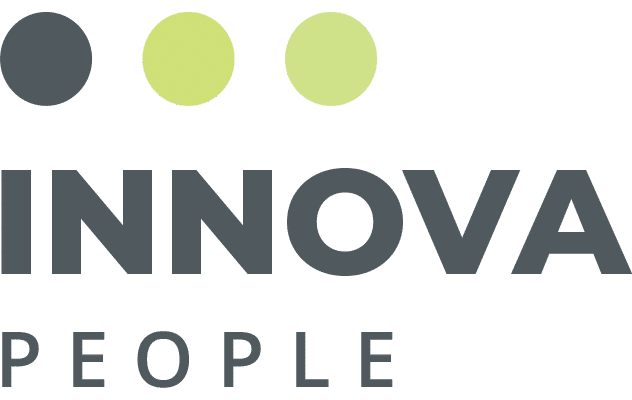
The healthcare industry is facing monumental challenges, including workforce shortages, evolving patient needs, and heightened demands for innovation. In this rapidly changing landscape, prioritizing Diversity, Equity, and Inclusion (DEI) isn’t just a moral imperative-it’s a strategic necessity. A diverse and inclusive workforce enhances patient care, fosters innovation, and improves organizational performance. At Direct Recruiters, Inc., we believe DEI is a cornerstone for the healthcare sector’s growth and success. Here’s how healthcare organizations can embrace DEI and how we, as recruitment experts, can help integrate these principles into hiring practices.
1. Develop a Comprehensive DEI Strategy for Healthcare
Creating a meaningful DEI strategy requires setting specific, measurable goals tailored to the healthcare sector’s unique needs.
- Set Clear Objectives: Focus on increasing representation across roles, including leadership, clinical, and administrative positions, to better reflect the communities you serve.
- Create an Actionable Plan: Partner with organizations that support underrepresented groups in healthcare, implement outreach programs, and promote equitable recruitment practices.
- Track and Measure Progress: Use metrics to evaluate hiring, retention, and advancement of diverse candidates. Regular assessments help ensure your DEI efforts align with organizational goals.
2. Address Unconscious Bias in Recruitment
Bias can unintentionally shape hiring decisions, but healthcare organizations can mitigate it with deliberate strategies:
- Inclusive Job Descriptions: Write job postings using gender-neutral and culturally sensitive language that emphasizes qualifications and skills.
- Standardized Interview Processes: Implement structured interviews to ensure all candidates are evaluated fairly and equitably.
- Bias Training for Teams: Equip hiring managers and recruiters with training to identify and address unconscious biases that may affect their decisions.
3. Expand Recruitment Channels to Reach Diverse Candidates
Building a diverse workforce starts with broadening recruitment efforts:
- Partner with DEI Organizations: Collaborate with groups that focus on advancing diversity in healthcare to connect with diverse talent pools.
- Leverage Diverse Job Boards: Use platforms that specialize in connecting healthcare professionals from underrepresented communities with opportunities.
- Engage in Community Outreach: Strengthen relationships with local organizations to tap into community talent and create pathways for diverse candidates to enter healthcare roles.
4. Foster an Inclusive Work Environment
Recruiting diverse talent is just the beginning-creating an environment where all employees can thrive is essential.
- Cultivate Respect and Belonging: Encourage open communication and celebrate diverse perspectives to enhance workplace collaboration.
- Mentorship and Development: Offer leadership development programs and mentorship opportunities to support career growth for employees from all backgrounds.
- Celebrate Diversity: Recognize cultural milestones and achievements, fostering a sense of belonging across the organization.
5. Evaluate and Adapt DEI Efforts
Continuous improvement ensures your DEI initiatives remain impactful:
- Solicit Feedback: Engage employees and candidates to assess your DEI practices and identify areas for refinement.
- Analyze Data: Evaluate recruitment outcomes and workplace culture metrics to measure success and identify gaps.
- Stay Informed: Keep up with DEI trends and emerging best practices to ensure your strategies remain effective and relevant.
Embracing DEI in healthcare recruitment is critical to delivering equitable patient care and fostering innovation. Direct Recruiters is committed to partnering with healthcare organizations to implement inclusive hiring practices, connect with diverse talent, and build leadership teams that reflect the communities they serve. Together, we can shape a more equitable and thriving future for healthcare.





